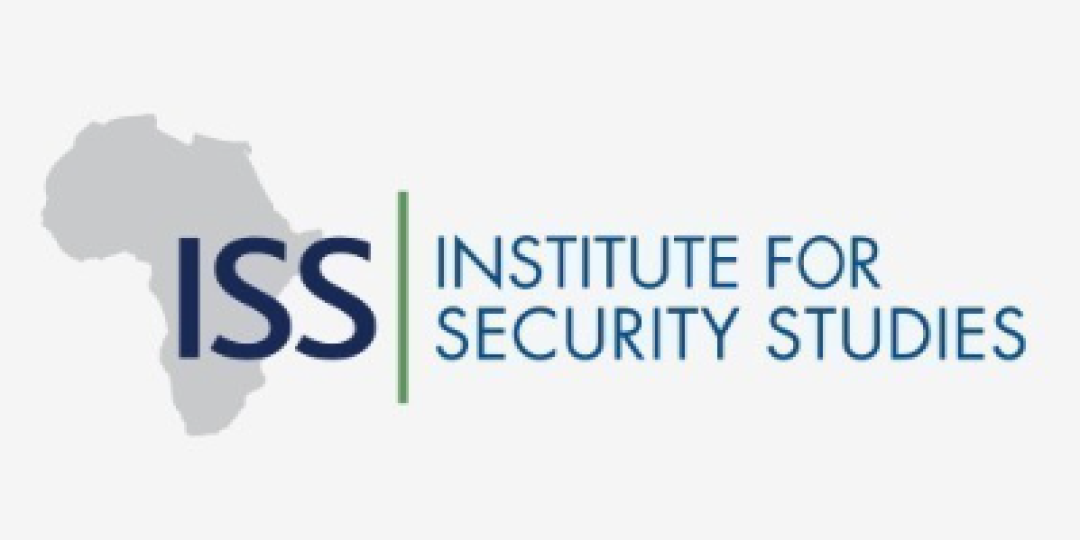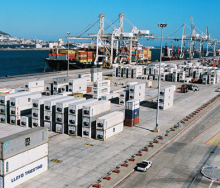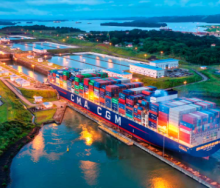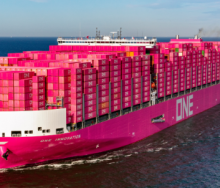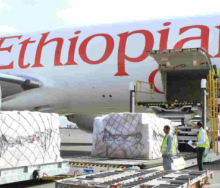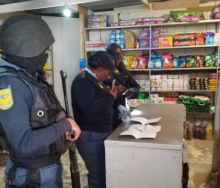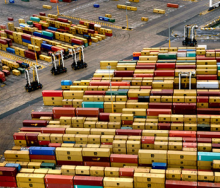The Institute of Security Studies Africa (ISS) has warned of rising criminal activities in the strategically important South Atlantic, which have been overshadowed by instability in the Red Sea.
The Atlantic Ocean, historically pivotal for transoceanic trade, remains crucial today, particularly in connecting Africa, Europe, and the Americas, says the ISS.
“Historically, the North Atlantic garnered more focus due to piracy and slave trading, leaving the South Atlantic's criminal economies underexplored. This neglect persists as international attention remains fixed on the North Atlantic and Western Indian Ocean due to recent piracy and Houthi attacks.”
The organisation points out that southern Africa's Atlantic coast is rich in biodiversity and resources such as fish, oil, and diamonds, supporting coastal communities and global trade. “Ports along this coastline create vital maritime trade corridors for inland neighbours. As African nations and foreign entities aim to harness the ocean economy's potential, they encounter criminals exploiting the same geostrategic space. These actors benefit from enhanced maritime trade and technological advancements that enable larger, faster, and longer-travelling vessels.”
Fisheries crime, oil and fuel smuggling and drug trafficking have been identified as key challenges.
“South Atlantic African states struggle with limited capacity to monitor vast coastal waters and tackle transnational criminal networks that traverse maritime borders. Unlike the Indian Ocean Rim Association, no comprehensive Pan-Atlantic initiative engages all littoral states on security matters. Existing regional agreements, such as the Djibouti and Yaoundé Codes of Conduct, are often limited in scope and do not encompass all relevant states. For example, Namibia is not a signatory to either code.”
With increased vessel traffic rerouted around the Cape of Good Hope due to security risks in the Gulf of Aden and the Red Sea, and potential strain from Russian oil sanctions and climate change impacts, the South Atlantic faces heightened risks. “Angola and Namibia, with their relatively better port capacities, may bear the brunt of increased maritime activity. This could exacerbate existing security voids and provide opportunities for criminal networks.”
The ISS believes that to address these emerging threats, a coordinated effort to map and target criminal activities in Africa’s South Atlantic is imperative. “Enhanced collaboration, possibly linking existing structures or forming new bilateral or multilateral frameworks, is crucial to safeguard this vital region. Failure to act collectively may result in significant security and economic consequences.”
